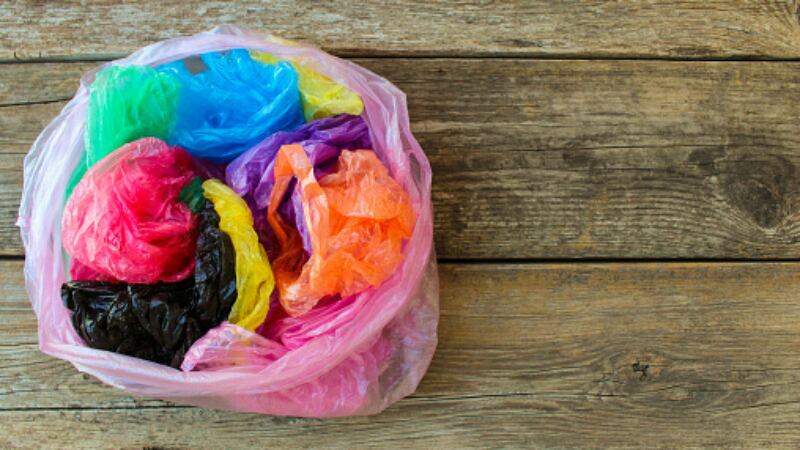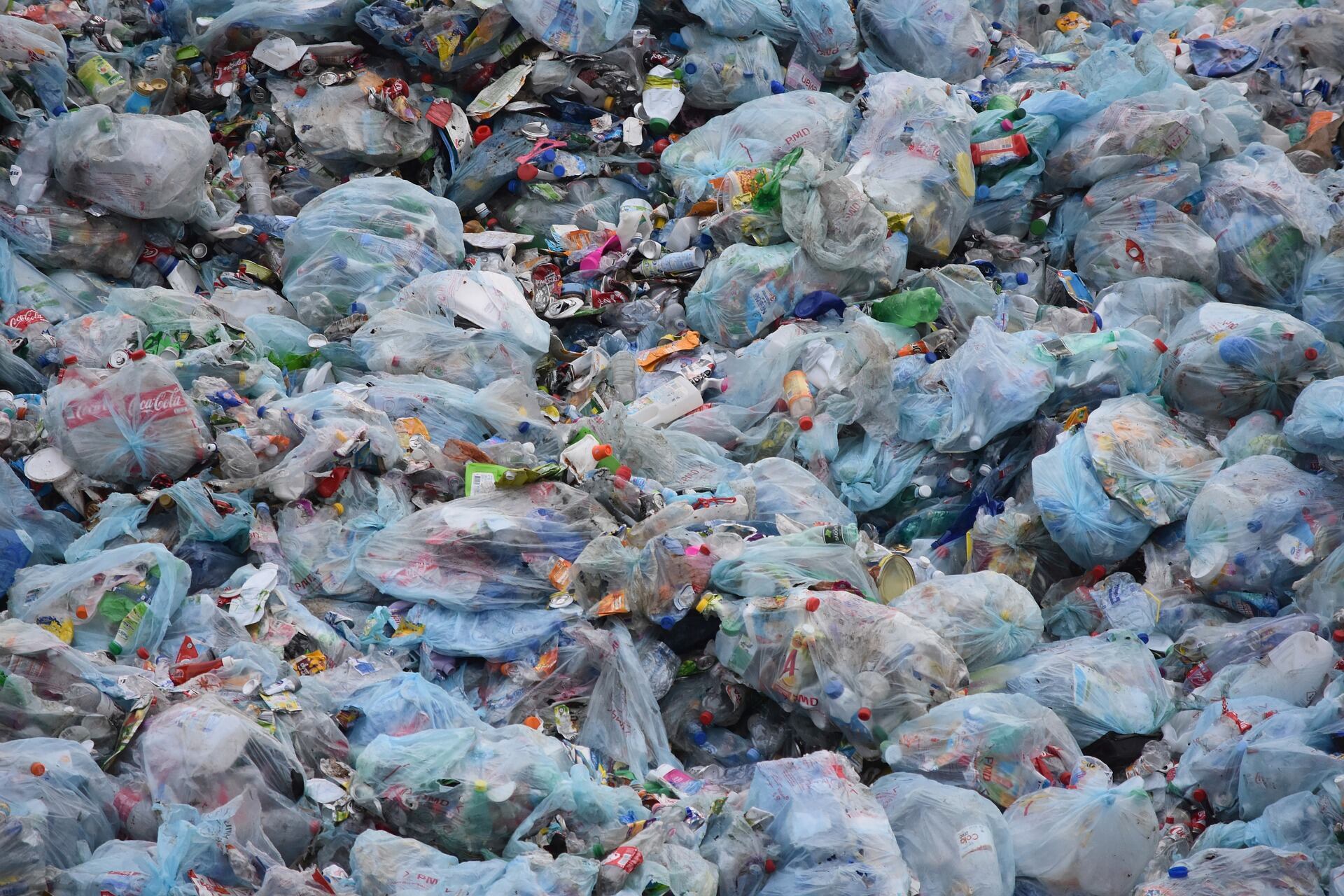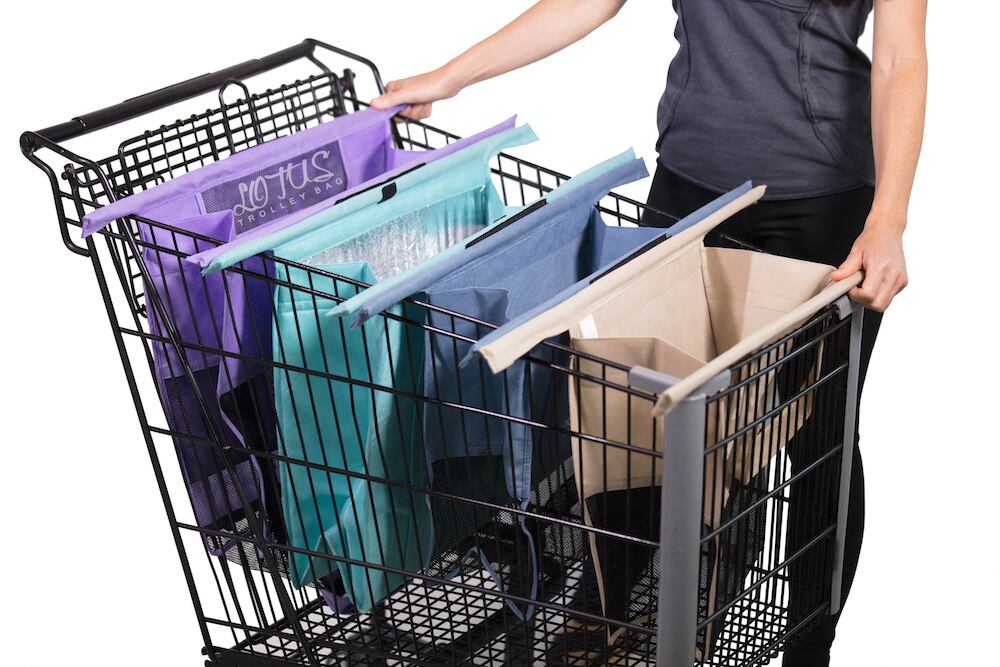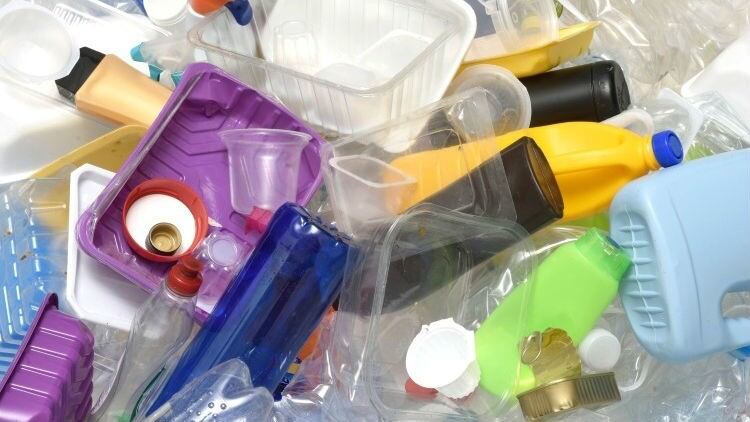The ban was confirmed by Associate Minister for the Environment Eugenie Sage.
Via an official press release, Sage said that: “[The] government has carefully considered the full range of views put forward (in a public consultation on the matter), and it’s now time to take action as a step towards addressing plastic pollution.
“Many retailers and individuals have already stopped using single-use plastic bags and recent research shows 50% of New Zealanders now say they always bring reusable bags when shopping.”
The ban will impact all bags under 70 microns thick as well as degradable plastic bags including oxo-degradable, biodegradable and compostable plastic bags due to a lack of recycling facilities to handle these.
Light weight bags made of synthetic fabric and designed for multiple use over a long life will be excluded, as well barrier bags designed to hold fresh food produce such as fish, fruit, meat and vegetables.
She also acknowledged the impact of the ban on retailers, manufacturers and plastic bag importers, and that ‘this change will be difficult for some people’, citing this as the reason for a six month phase out period despite calls for a shorter transition period.
“We must take action, and this Government’s decision to phase out single-use plastic shopping bags is the first step. This will apply to all retailers,” she added.
According to numbers released by the ministry, 92% of submissions in the public consultation supported the mandatory phase-out of single-use plastic bags.
Meanwhile, 78% wanted all single-use plastic bags to be phased out regardless of thickness, 70% wanted implementation within less than six months, and the majority wanted degradable plastic bags to be included.
The exact date for the ban to come into effect will be revealed per a Cabinet decision in December.
Responses to plastic bag ban
The single-use plastic bag phase-out has largely been greeted with positivity.
In a press release, Local Government New Zealand (LGNZ), which represents the national interests of councils in New Zealand, said that it was ‘delighted’ by the ban, which they expect will ‘help to form better waste management habits’ in New Zealanders.
LGNZ President Dave Cull added that: “Getting action on single-use plastics has been a bit of a crusade for many councils and we know that New Zealanders will back this change, as they have done since the ban was proposed earlier this year.”
“This announcement shows that chipping away at an issue does get results eventually. We acknowledge this ban isn’t going to solve our waste issues overnight, but it’s a good step in the right direction to get people engaged with waste minimisation in general.”
LGNZ had previously passed a remit requesting a levy on single-use plastic bags in 2015, as well as one earlier this year surrounding the ‘urgent development and implementation of a plan by central government to eliminate the use of single-use plastic bags and plastic straws’.
Retail NZ echoed the sentiment in a separate press release, saying that it ‘welcomed’ the decision.
According to Retail NZ Public Affairs General Manager Greg Harford: “It is good news for the environment and the country that the Government is now formalising its proposals to phase [single-use plastic bags] out.”
"Retailers large and small have been working hard over time to reduce or eliminate the number of plastic carrier bags being issued, and the formalisation of the phase out will ensure that there is a level playing field right across the retail sector.”
That said, he also voiced concerns over the remaining unused plastic bags that some retailers are likely to have left over.
“It may be a challenge to ensure that these are used or disposed of in an appropriate way, and we will be discussing this further to seek clarity over the coming months, to get the best environmental outcomes,” added Harford.
He also spoke positively of the inclusion of degradable bags in the phase-out, saying that: “These products can still cause environmental harm, and we do not have the proper infrastructure in New Zealand to ensure that even compostable bags are dealt with at scale.”





